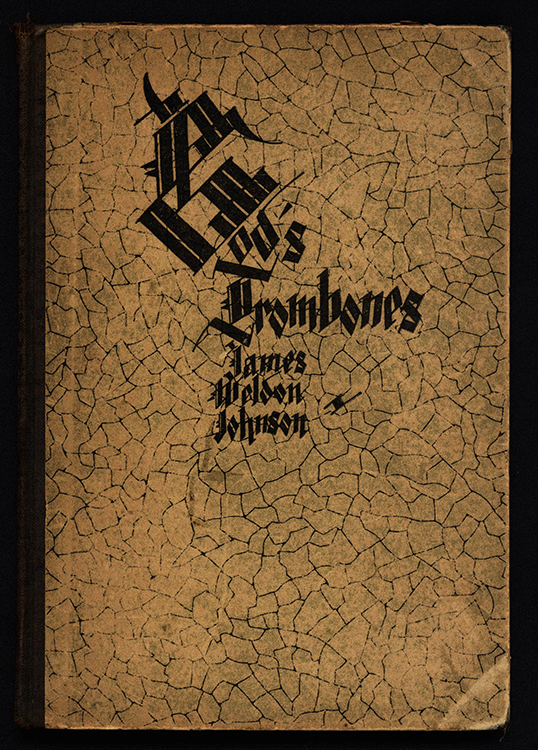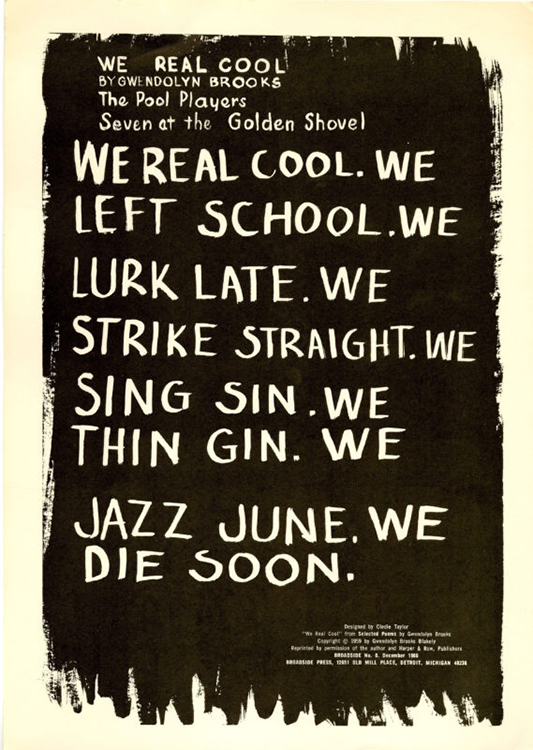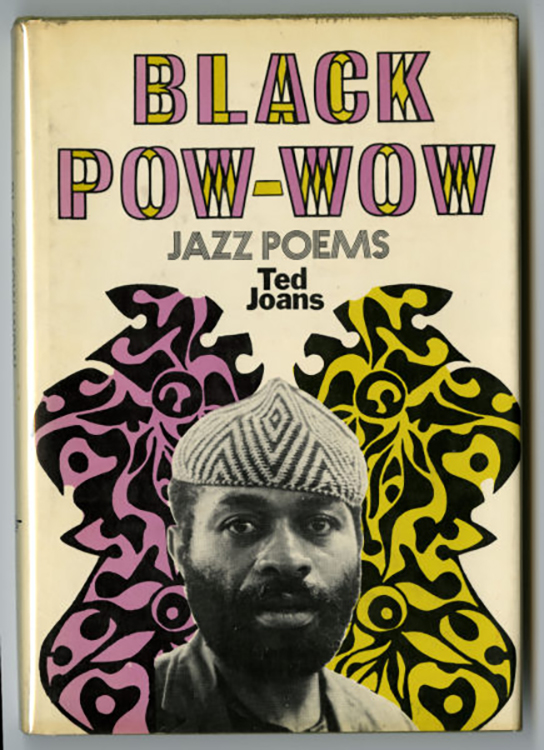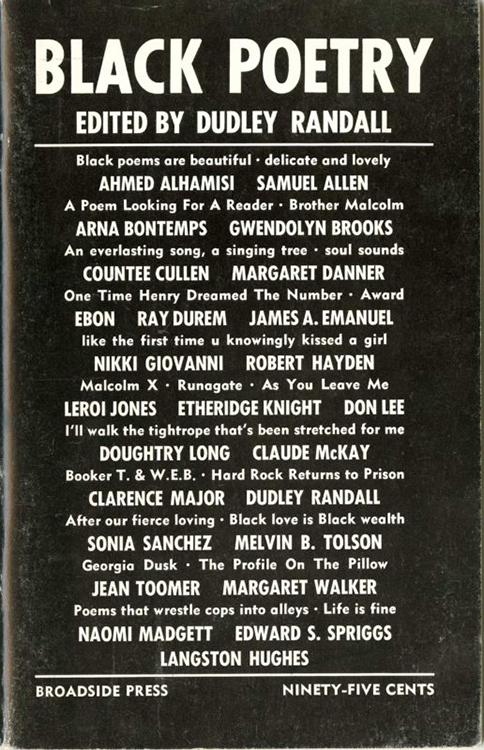Black poetry has deep kinship with performance: music, Black preaching, and “code switching” between forms of language and speech. How do different poets make use of the links to music (spirituals, blues, jazz, hip-hop), to African cultures, and vernacular language, and to what effects?
James Weldon Johnson (1871–1938)
Johnson was an influential novelist, poet, and songwriter, as well as a lawyer, a United States consul to Venezuela and Nicaragua, and a civil rights organizer with the NAACP. For the occasion of Lincoln's birthday in 1900, he composed the lyrics of the song "Lift Every Voice and Sing," which achieved immense popularity as the "Negro National Anthem" and from which the Lift Every Voice initiative derives its name. Johnson's novel The Autobiography of an Ex-Colored Man (1912) was groundbreaking in its frank exploration of the complexities of racial identity and discrimination. God's Trombones identifies an African American tradition of religious oratory and translates a series of folk sermons into poems. Notably, Johnson eschews rhyme and dialect, "an instrument with but two complete stops, pathos and humor." He compares the sound of the preacher to that of the trombone, "the instrument possessing above all others the power to express the wide and varied range of emotions encompassed by the human voice — and with greater amplitude."
Gwendolyn Brooks (1917–2000)
Brooks was a major American poet of the twentieth century, the first African American to win a Pulitzer Prize (for her 1949 collection Annie Allen) and the first Black woman to serve as Consultant in Poetry to the Library of Congress from 1985 to 1986. Her work is characterized by formal mastery, innovative phraseology, and an abiding concern for the lived experiences of African Americans. "We Real Cool," first published in Poetry in 1959 and later collected in The Bean Eaters (1960), is widely anthologized and frequently taught. The poem combines syncopated rhythm, vernacular language, alliteration, and rhyme to great effect in only 24 words. In recorded readings of the poem, Brooks pronounces the “we” at the end of each line softly and swiftly, conveying a sense of uncertainty that belies the pool players' bravado.
Ted Joans (1928–2003)
Poet, trumpeter, and visual artist Ted Joans, was born Theodore Jones in Illinois and grew up in Indiana and Kentucky. He moved to New York City in 1951, after his graduation from Indiana University, to immerse himself in the Greenwich Village art scene. There he became well known as a member of the Beat movement along with Jack Kerouac, Allen Ginsberg, and Bob Kaufman. In Black Pow-Wow, "Passed On Blues: Homage to a Poet" pays tribute to a forerunner in jazz poetry:
the sounds of black music
the sad soft low moan of jazz ROUND BOUT MIDNIGHT
the glad heavy fat screaming song of happy blues
That was the world of Langston Hughes
Joans' motto, “Jazz is my religion, and surrealism is my point of view,” echoes the title and theme of another poem from the collection. An expatriate since the 1960s, Joans traveled the world and lived in Paris, Tangier, Timbuktu, and finally Vancouver, BC. Though Joans published more than 30 collections of poetry, many of them are now out of print.
Broadside Press (founded 1965)
According to the back cover of Black Poetry, "Because students at the University of Michigan complained that anthologies used in introductory poetry courses contained no Black poets, Broadside Press was asked to make a small collection." Founded by librarian and poet Dudley Randall, Broadside was the major publisher of Black Arts movement poets. Randall began working out of his Detroit home in 1965, at first producing the single-sheet broadside format that gave the press its name. Broadside went on to publish high quality, inexpensive poetry collections, anthologies, and cassette tapes aimed primarily at a Black reading public. As Randall wrote in 1970, "We (Africans in the United States) are a nation of twenty-two million souls, larger than Athens in the age of Pericles or England in the age of Elizabeth. There is no reason why we should not create and support a literature which will be to our own nation what those literatures were to theirs." Broadside Press merged with Lotus Press in 2015.





